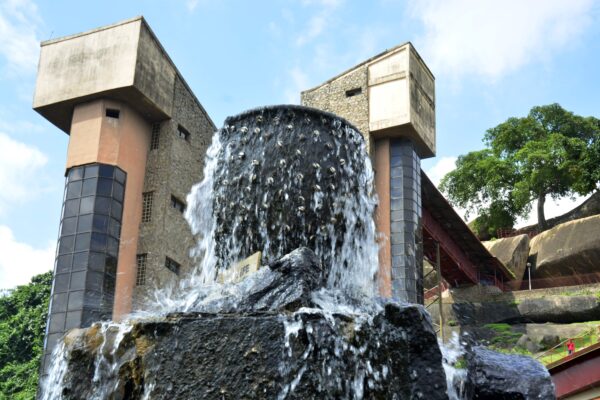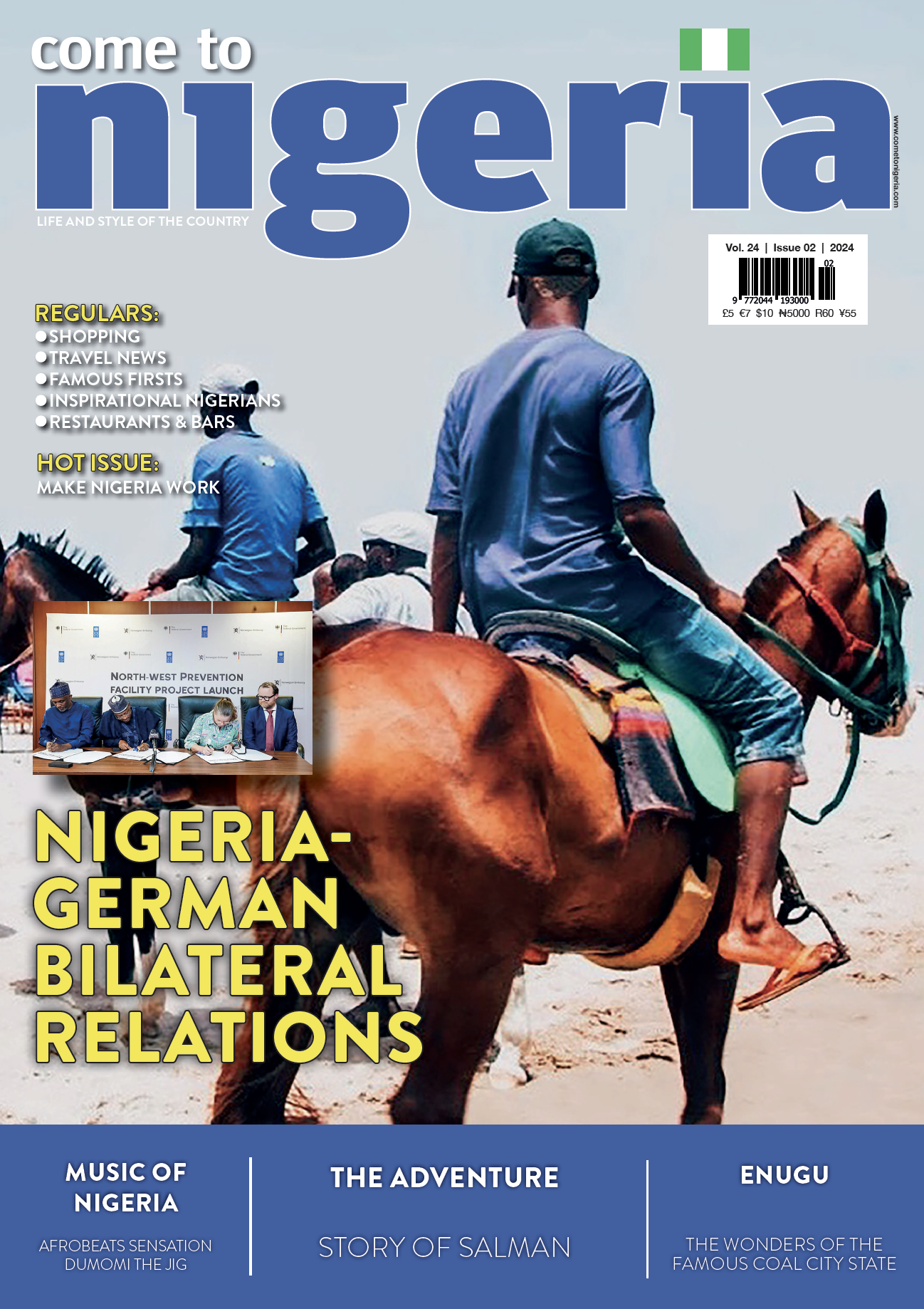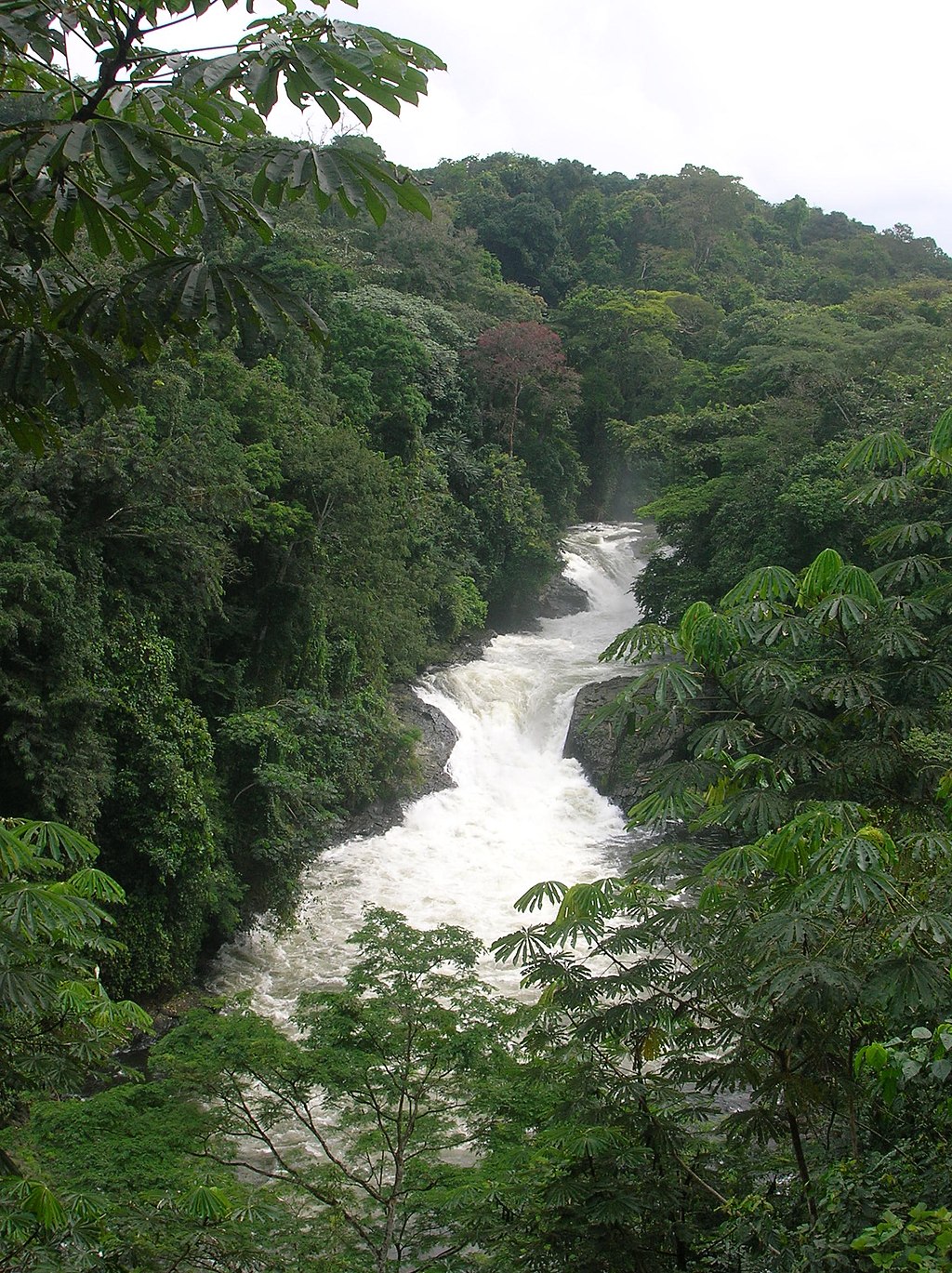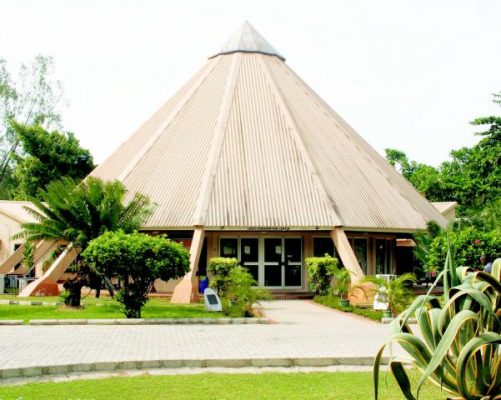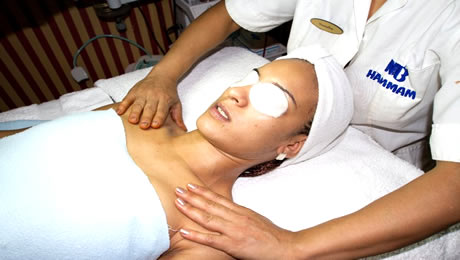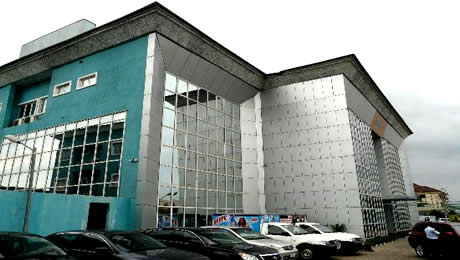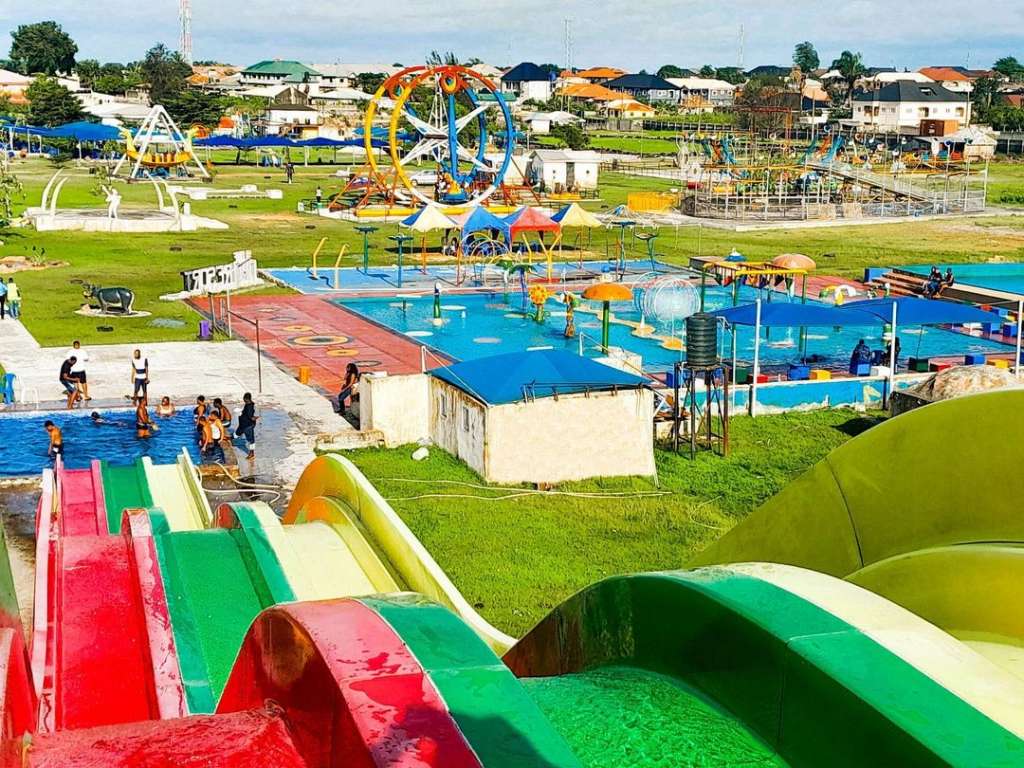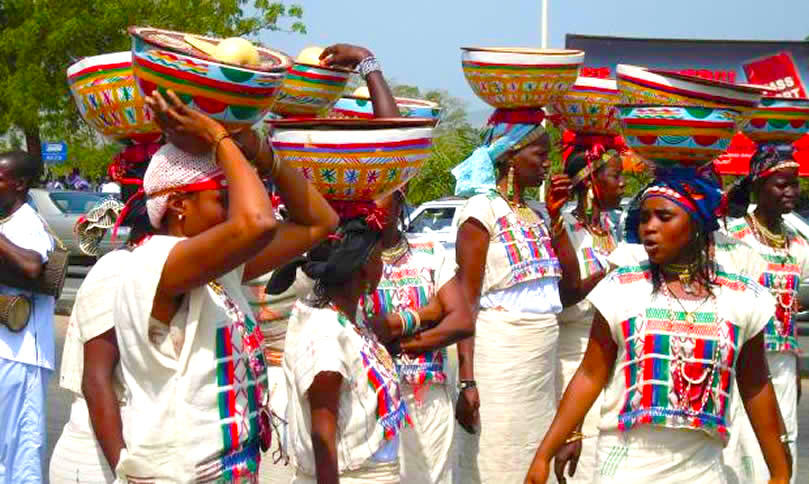
The Hausa and Fulani people are located mostly in northern part of Nigeria. With a population of over 30 million, they have the largest population in West Africa because of their intermarriages and constant interaction with different peoples.
History

With the decline of the Nok and Sokoto, who had previously controlled Central and Northern Nigeria between 800 BCE and 200 CE, the Hausa were able to emerge as the new power in the region. Closely linked with the Kanuri people of Kanem-Bornu (Lake Chad), the Hausa aristocracy adopted Islam in the 11th century CE.
In 1810 the Fulani, another Islamic African ethnic group that spanned across West Africa, invaded the Hausa states.
The cultural similarities of these two group, however, opened doors for a significant integration between the groups, who in modern times are often demarcated as “Hausa-Fulani”, rather than as individuated groups.
The Hausa remain pre-eminent in Northern Nigeria. Their impact in Nigeria is paramount, as the Hausa-Fulani amalgamation has controlled Nigerian politics for much of its independent history.
They remain one of the largest and most historically grounded civilizations in West Africa.
People & Culture

The Hausas are Sahelian people mainly located in northern Nigeria, southeastern Niger, Sudan, Cameroon, Ghana, Cote d’Ivoire, and Chad and many Fulani in these regions do not distinguish themselves from the Hausa.
The Hausa have been Muslim since the 14th century, and have converted many other Nigerian tribes to the Muslim faith by contact, trade etc. The architecture of the Hausa is perhaps one of the least known but most beautiful of the medieval age.
Many of their early mosques and palaces are bright and colourful and often include intricate engraving or elaborate symbols designed into the facade.
Music and art play important role in everyday life of this group of people. From a young age, Hausa children participate in dances, which are held in meeting places such as the market.
Work songs often accompany activities in the rural areas and in the markets. Story-telling, local dramas, and musical performances are also common forms of traditional entertainment.
Major towns and cities
Many of the towns and cities in northern Nigeria had been predominantly occupied by the Hausa-Fulani people dated back to the stone age. Amongst these main cities are: Kano City – known as the groundnuts pyramids and indigo city. Others are Biram, Katsina, Abuja, Bauchi, Birnin Kebbi, Damaturu, Dutse, Gombe, Gusau, Jalingo, Jebba, jos, Kaduna, Katsina, Lafia, Maiduguri, Makurdi, Sokoto, Suleja, Yola, Zaria.

